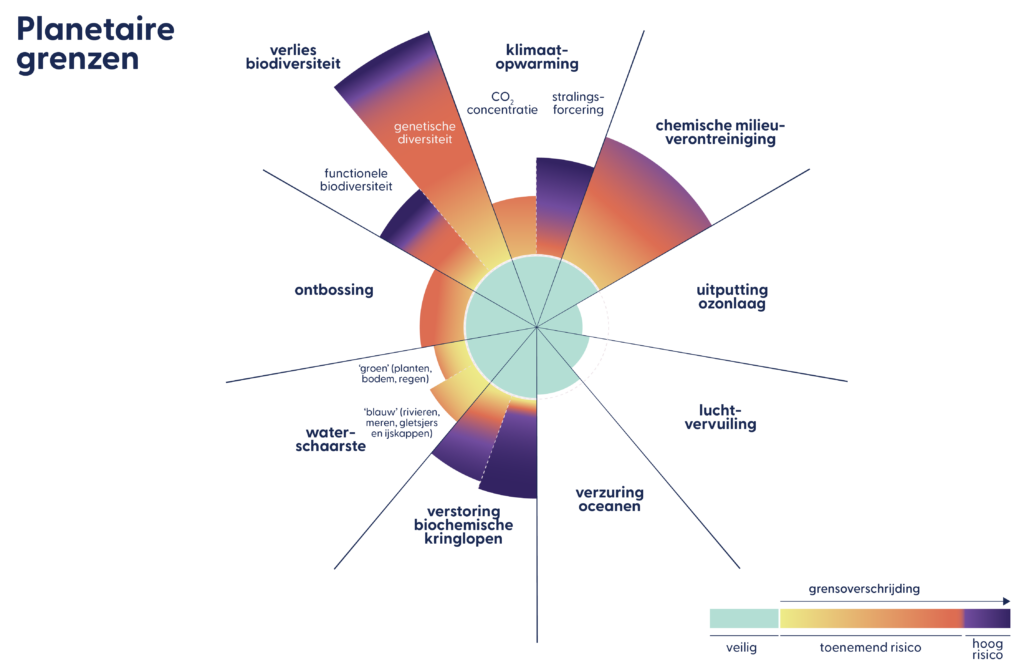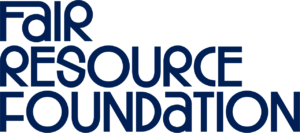With the introduction of extended producer responsibility (EPR), textile producers are made responsible for the full life cycle of their product, including the waste phase. In the Netherlands, EPR systems already exist for car tires and wrecks, packaging, electronic equipment, and batteries and accumulators. Since July 2023, producer responsibility also applies to textiles, and systems are being established to fulfill the legal obligations.

To address the negative impact of textiles on the environment and promote reuse and recycling practices, the government has passed ambitious legislation.
A key measure in this circular textile policy program is the introduction of extended producer responsibility (EPR) starting July 1, 2023. This means that textile producers will be responsible for managing their products when consumers no longer use them. They must ensure that these textiles are collected for reuse and recycling, with fines imposed for failing to meet set targets.
These rules apply to all actors who introduce new textiles to the Dutch market for the first time. The legislation covers:
Consumers must have the option to return their old textiles free of charge, year-round. Producers have the flexibility to determine how consumers can do this, such as through special containers or by returning them to stores.
Producers are also required to be transparent about their sales figures and the amount of textiles that are reused and recycled. This means that starting July 1, 2023, they must register with the government or a producer responsibility organisation – like Collectief Circulair Textiel – within six weeks, and report their sales and reuse and recycling data starting in 2024 and 2025, respectively.
50% reuse and recycling, of which:
75% reuse and recycling, of which:
The objectives of Collectief Circulair Textiel align with the ambitions of the Dutch government to improve the instrument of producer responsibility. In the parliamentary letter on the Development of EPR dated October 16, 2023, Environmental Minister Vivianne Heijnen emphasized that existing EPR systems are primarily focused on waste management efficiency rather than sustainability or circularity. Additionally, the letter highlighted the concentration of market power within producer organizations (partly due to the issuance of a general binding declaration). We believe that a GBD should only be issued in specific cases to enhance the effectiveness of the EPR instrument and therefore should not be issued for all EPR systems by default. Furthermore, the State Secretary indicated a desire to further investigate transparency regarding agreements between producers and municipalities, and improving collaboration within the chain.
With the initiative Collectief Circulair Textiel, we are voluntarily taking the initiative to further develop the potential of the EPR instrument for textiles. Together with textile producers, the government, and other (social) partners, we are committed to a practical and ambitious approach to achieve a sustainable textile industry by 2050.
Working together towards EPR for textiles that prioritizes sustainability and social impact.

Copyright © 2024 Collectief Circulair Textiel